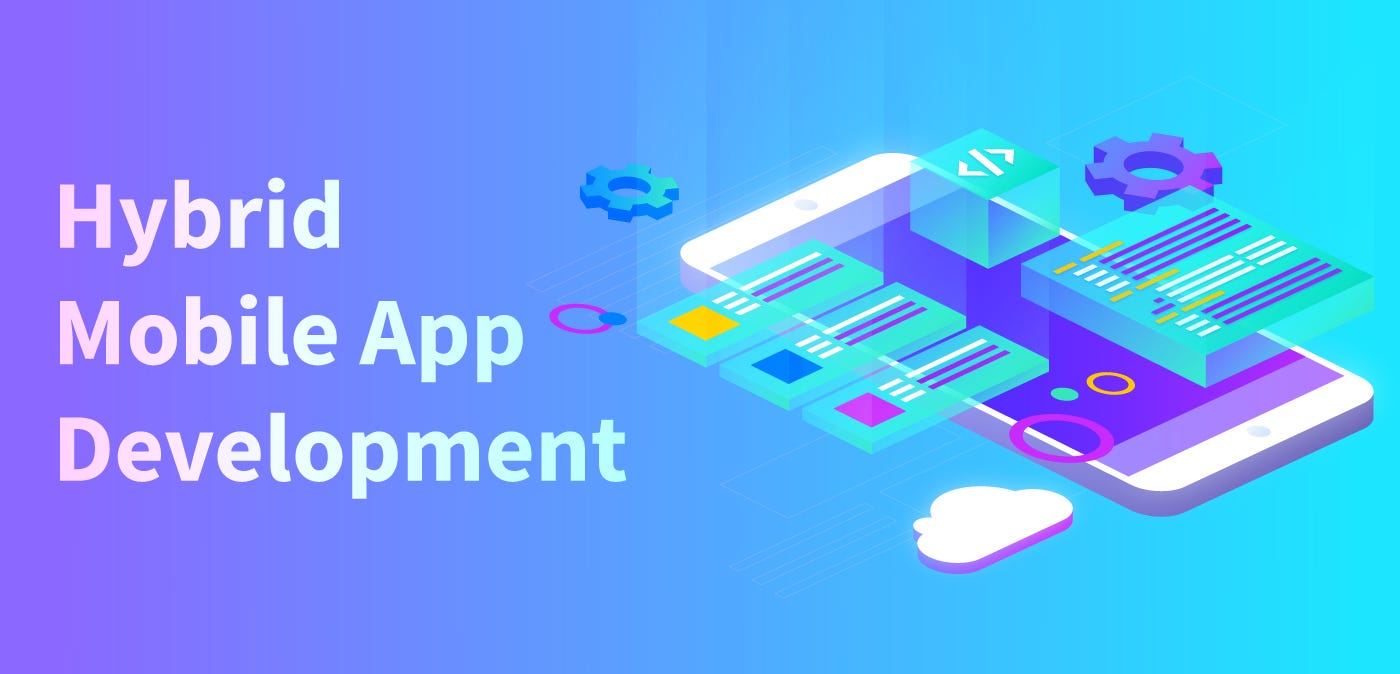
+918383066100,+919873160628

Hybrid app development involves creating applications that are compatible with multiple platforms (such as iOS, Android, and web browsers) using a single codebase. Unlike native apps, which are developed separately for each platform using platform-specific languages and tools, hybrid apps utilize web technologies like HTML5, CSS, and JavaScript.
One of the key advantages of hybrid app development is its cost-effectiveness. Businesses can significantly reduce development costs by maintaining a single codebase for multiple platforms, rather than investing in separate native app development for each platform. Additionally, hybrid apps offer faster development cycles, as developers can simultaneously work on different platforms, resulting in quicker time-to-market.
Hybrid apps also provide cross-platform compatibility, ensuring broad accessibility and reach for businesses targeting diverse user bases. They can access native device features and functionalities, such as camera, GPS, and push notifications, providing a native-like experience to users while benefiting from the flexibility and agility of web technologies.
Hybrid App Development should include the following essential features to provide a seamless user experience:
© Copyright Web World India 2011-2021 All Rights Reserved. | Web Designing & Digital Marketing Company In Delhi.
